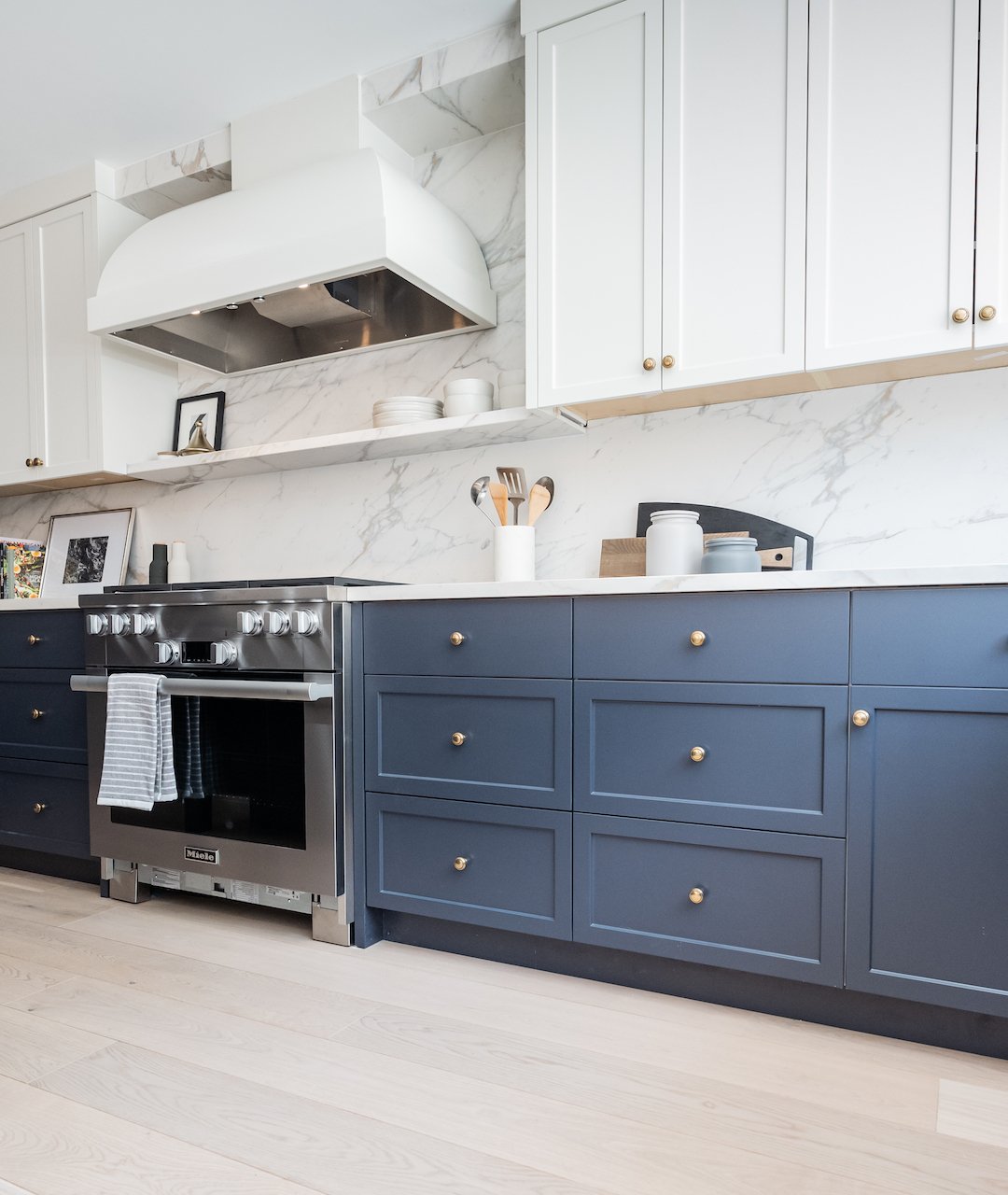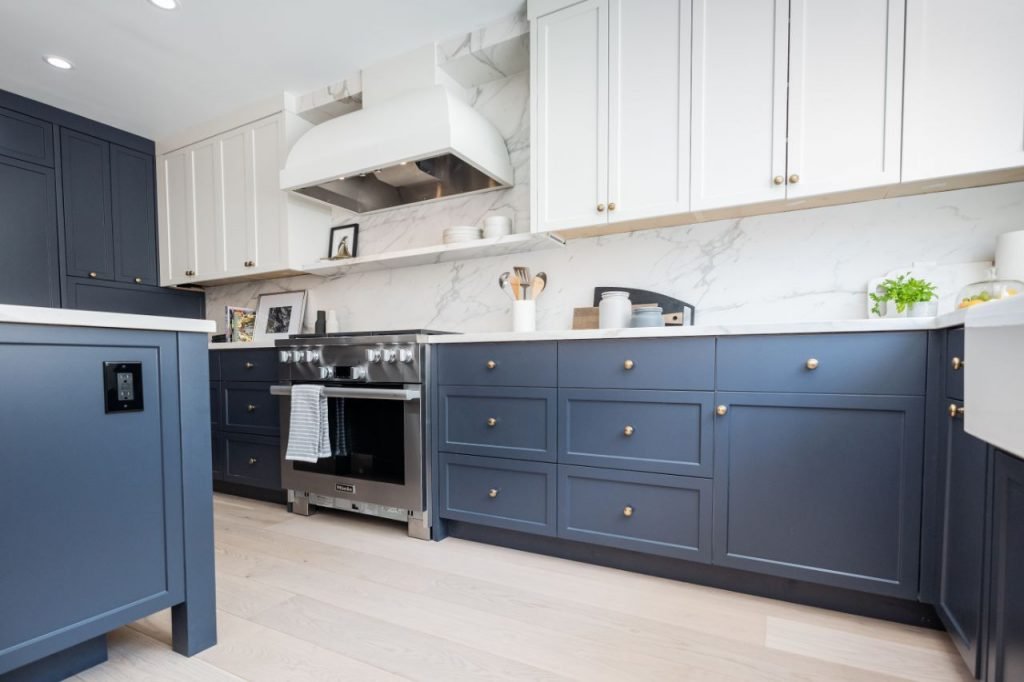Unexpected Costs To Watch Out For When Doing A Renovation

A home renovation can be exciting and rewarding, but they can also come with unexpected costs that can quickly add up. While you may have accounted for the cost of materials and labor, there are often other expenses that can catch you off guard. In this blog post, we'll explore three unexpected costs that can arise during a home renovation, and how you can prepare for them.
Hidden Damage
One of the most common unexpected costs during a home renovation is hidden damage. When you start tearing down walls and ripping up floors, you never know what you might find. In some cases, you may discover that there is damage to the structure of your home that needs to be repaired before you can continue with your renovation.
For example, you might discover that there is mold behind your bathroom tiles or that your electrical wiring is outdated and needs to be replaced. These types of issues can be costly to repair, and they can also add time to your renovation timeline.
To avoid these unexpected costs, it's important to have a contingency fund in place. Set aside some extra money to cover any unexpected expenses that might arise during your renovation. You can also have a professional inspect your home before you start your renovation to identify any potential issues that you may need to address.

Permit Fees
Many homeowners forget to account for permit fees when they're planning their renovation budget. Depending on where you live and the scope of your renovation, you may need to obtain permits from your local government. These permits can be expensive, and the fees can vary depending on the type of renovation you're doing.
For example, if you're adding a new addition to your home or doing major electrical or plumbing work, you may need to obtain a building permit. Building permits can cost hundreds or even thousands of dollars, depending on where you live.
To avoid unexpected permit fees, it's important to do your research before you start your renovation. Contact your local government to find out what permits you might need, and how much they'll cost. Make sure to include these fees in your renovation budget so that you're not caught off guard.
Increased Utility Bills
During a home renovation, your utility bills may increase. This is especially true if you're doing work that involves a lot of dust or debris, such as tearing down walls or ripping up flooring. Your HVAC system may need to work harder to maintain the temperature in your home, and you may need to use more water and electricity than usual.
To avoid unexpected increases in your utility bills, it's important to plan ahead. Consider the time of year when you're doing your renovation – if it's during the summer or winter, your HVAC system may need to work harder to maintain a comfortable temperature in your home. You can also talk to your contractor about ways to minimize dust and debris during the renovation process, which can help reduce your utility bills.
Conclusion
Home renovations can be an exciting and rewarding experience, but they can also come with unexpected costs. Hidden damage, permit fees, and increased utility bills are just a few of the unexpected expenses that can arise during a renovation. To prepare for these costs, it's important to have a contingency fund in place, do your research ahead of time, and plan ahead for increased utility bills. By taking these steps, you can help ensure that your home renovation stays on budget and on schedule.
We would love to be a part of your next renovation project. Please don't hesitate to get in touch.

%20Fix%20WEB%20USE-45.webp)